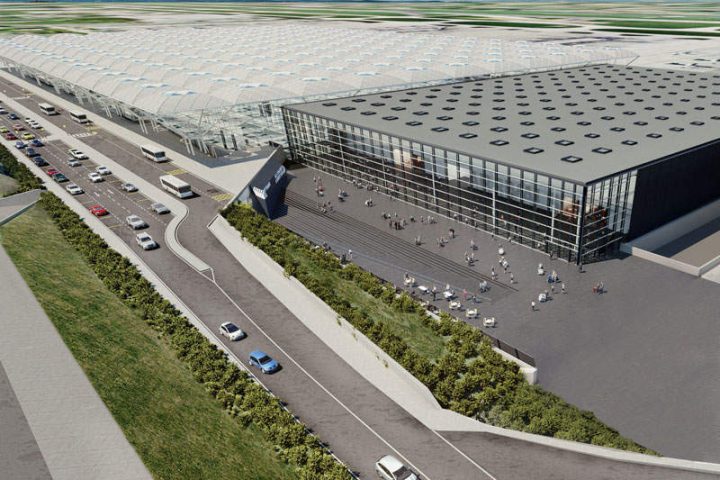The UK is seeing continued and consistent interest in Quantum Random Number Generation (QRNG) technology, which is only set to rise in the future. So, let’s have a look at what QRNGs are, how the UK is breaking new ground, and what the future holds for the UK’s QRNG market.
What is Random Number Generation?
Put simply, random number generators produce numbers that do not correlate with any numbers before or after them. As the numbers are not predetermined, this means that RNGs essentially digitally mimic the same luck that you’d get from rolling a die, turning a bingo cage, spinning a wheel, or choosing a card. For this reason, all the best UK casinos online such as Sky Vegas, 888casino, Virgin Games, and Monopoly Casino, use RNGs as the backbone of their on-demand slot, bingo, poker, blackjack, and roulette games. Here, the RNGs ensure that the results of the online casino games are fair, making for an authentic and immersive experience, allowing them to be so popular that these only casinos account for 37.3% of the total gambling revenue in the UK.
Whilst some RNGs use complex algorithms, others rely on physical entropy sources. QRNGs, for example, use a physical source of light that is emitted through a material. Using the laws of quantum physics, the light is both reflected and refracted. Once the light eventually hits the back of the machine, the sensor position dictates the quantum bit that is generated. As this is so random and unpredictable, this can be used for high-level applications such as cryptography. Due to a rise in demand for increased security, the global market for QRNGs is set to rise to £2,537 million by 2030. In parallel, the UK is seeing continued interest in QRNG technology, making for some groundbreaking innovations.
QRNG Innovations in the UK
The UK has been leading the pack in QRNG innovations since as far back as 2016 when Crypta Labs unveiled ideas to the Centre of Defence Enterprise (CDE) investors. Their plan was to develop a military-grade QRNG encryption solution that would be unbreakable, affordable, and easy to use. Through CDE funding, they would then be able to miniaturize the program into a microchip for easy application.
By 2019, the University of Kent celebrated a £445,000 grant award for research into QRNGs as part of the EPSRC Quantum Communications Hub. The head of the research project explained that this enabled the UK to “become world market leaders” in commercialized QRNG technology by flooding the market with innovations. This highlights the UK’s continued investment in QRNG technologies for both high-risk objectives and commercial businesses alike.
The Future of QRNGs
In 2024, it was announced that there was to be research into Quantum Key Distribution (QKD) in conjunction with the UK’s world-leading miniature satellites, as proposed by Quantum Dice and the University of Oxford. This project aims to develop a QRNG package that is compact, light, and doesn’t consume as much energy as its counterparts. The technology must also be robust, as it will need to function in space.
As for what the future will bring for this project and the future of QRNGs in the UK, one thing is for sure – the sky is certainly not the limit! All that’s left to do is see what the future holds for more environmentally conscious, user-friendly, and accessible QRNGs.



